Democratization Movement
Gwangju Uprising
On the morning of May 18, students and military clashed for the first time in front of the closed gate of Chonnam National University. When the students moved the protest to downtown Gwangju, the soldiers charged students and citizens with clubs and batons. Enraged citizens of Gwangju gathered in Geumnam-ro on the morning of the 19th. The number of protestors grew, and by the afternoon of May 20, tens of thousands of angered citizens filled the street. On May 21, the army began to fire on citizens, killing and injuring countless protestors. Shocked and furious, the protestors took up arms by raiding local police stations, forcing the army to retreat and taking over the Provincial Office.
The citizens of Gwangju sought to stabilize the city and restore order by forming the Citizens’ Settlement Committee and negotiating with the troops, all the while recollecting the arms taken by the civil militias. However, the troops reentered the city at dawn on May 27, surrounded the Provincial Office, and defeated the civil militias with force.
Official records state that 4,362 people were affected during the uprising, including 154 dead, 70 lost, and 1,628 injured (Source: The May 18 Memorial Foundation). In 1995, the National Assembly passed a special law creating the legal grounds to indict major personnel in the military who could be held responsible for the clash. In 1997, former presidents Chun Doo-hwan and Roh Tae-woo were sentenced to life in prison and 17 years in prison, respectively, but both received special pardons in December of the same year.
The citizens of Gwangju sought to stabilize the city and restore order by forming the Citizens’ Settlement Committee and negotiating with the troops, all the while recollecting the arms taken by the civil militias. However, the troops reentered the city at dawn on May 27, surrounded the Provincial Office, and defeated the civil militias with force.
Official records state that 4,362 people were affected during the uprising, including 154 dead, 70 lost, and 1,628 injured (Source: The May 18 Memorial Foundation). In 1995, the National Assembly passed a special law creating the legal grounds to indict major personnel in the military who could be held responsible for the clash. In 1997, former presidents Chun Doo-hwan and Roh Tae-woo were sentenced to life in prison and 17 years in prison, respectively, but both received special pardons in December of the same year.

Source: National Museum of Korean
Contemporary History

demonstrators
Source: YONHAP NEWS AGENCY

demonstrators
Source: KBS

demonstrators
Source: KBS
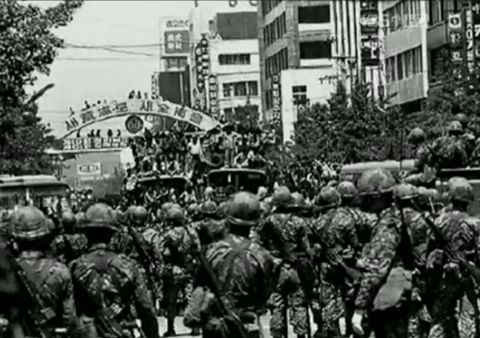
Source: KBS

demonstrators
Source: KBS
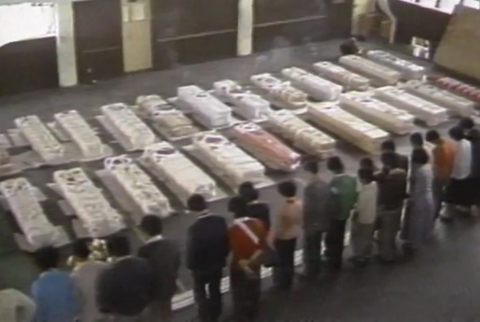
Source: KBS
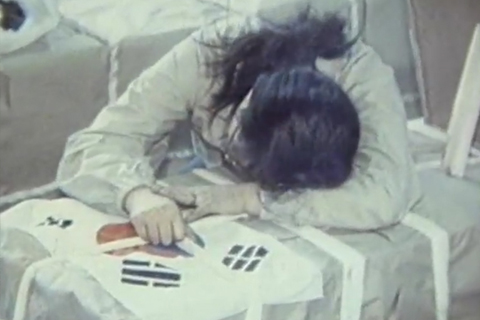
Source: KBS
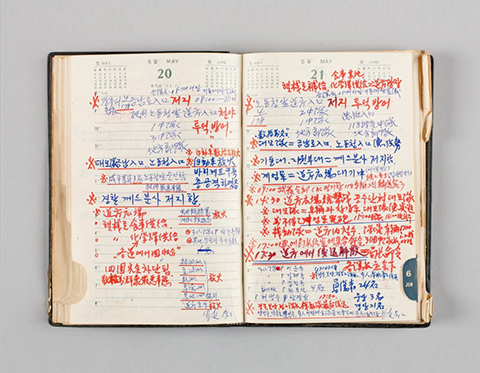
Source: National Museum of Korean
Contemporary History
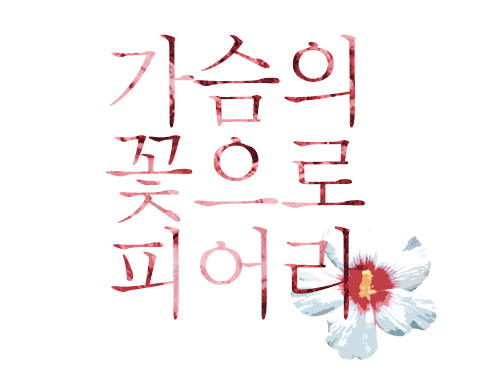
1980